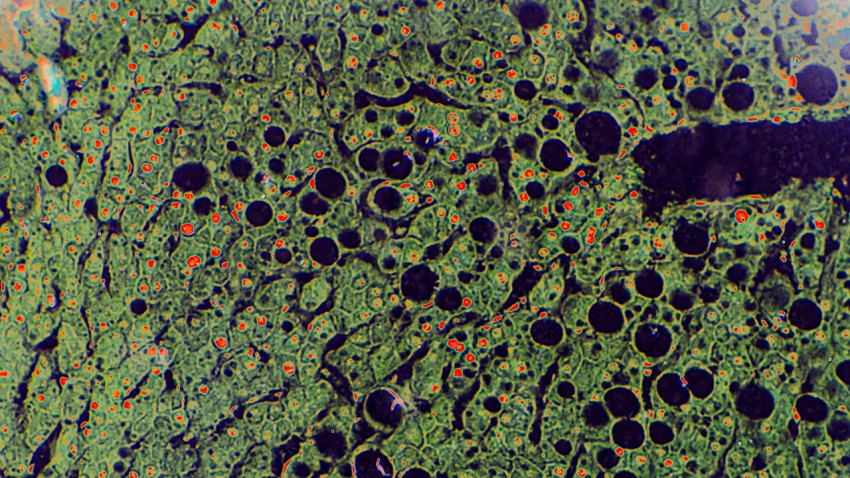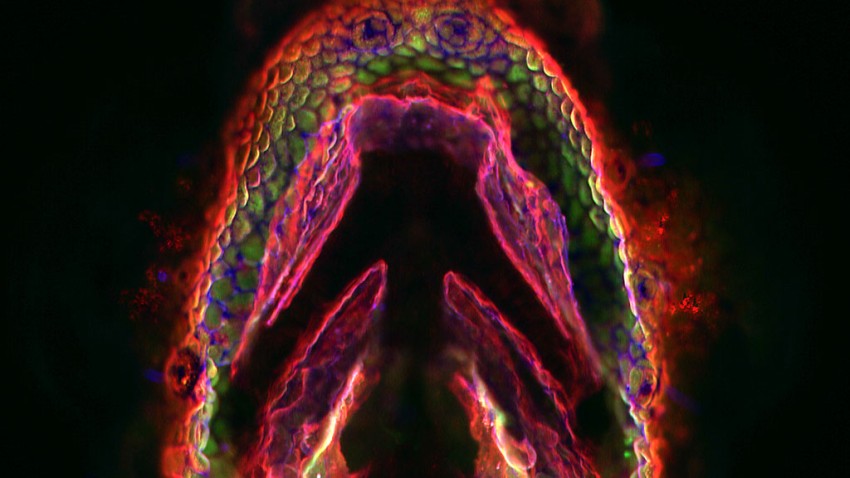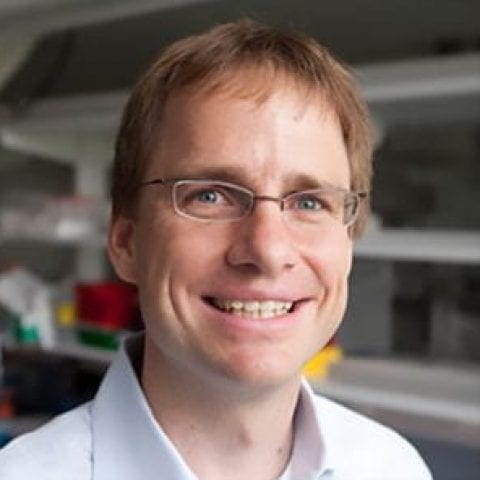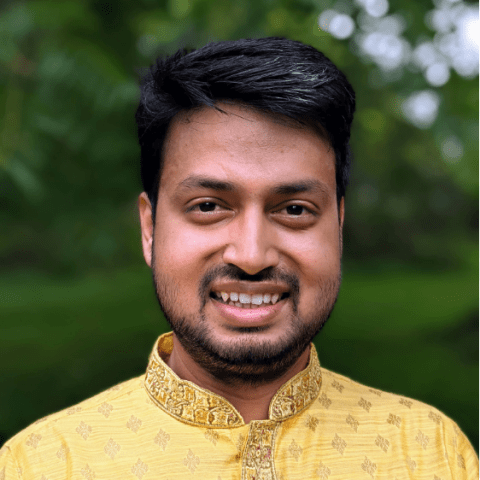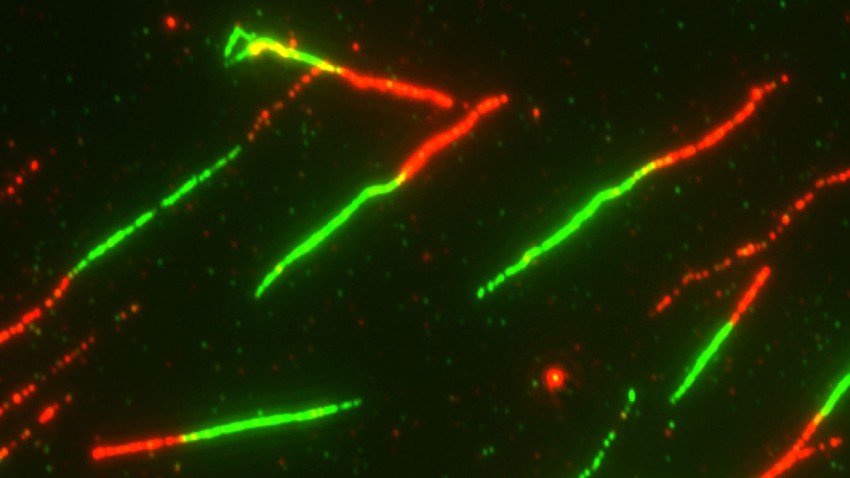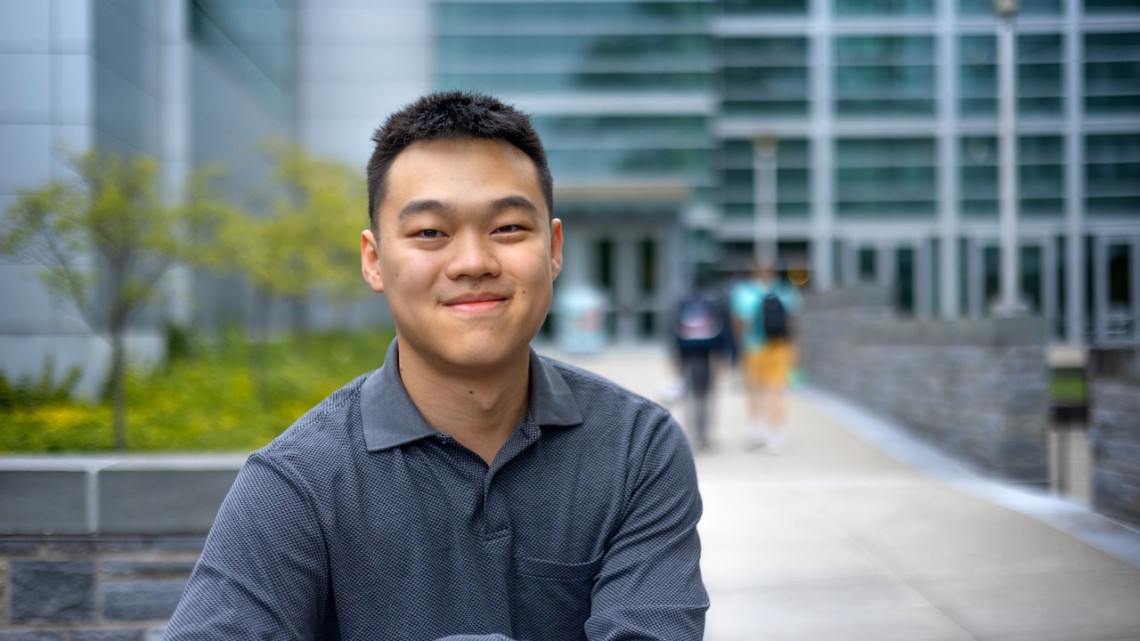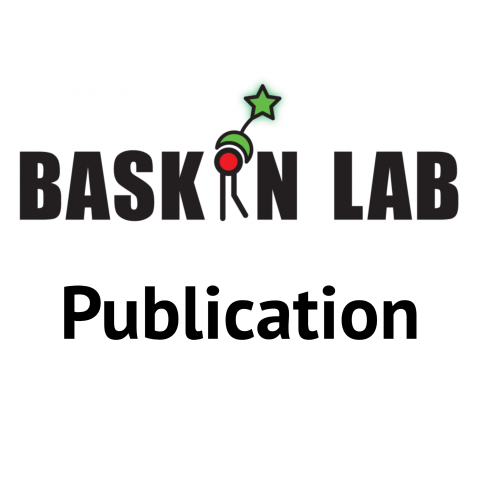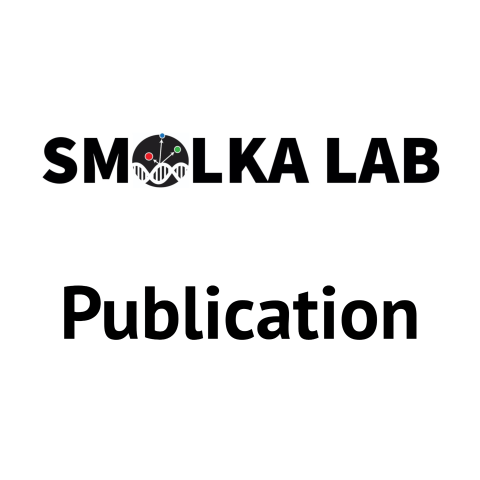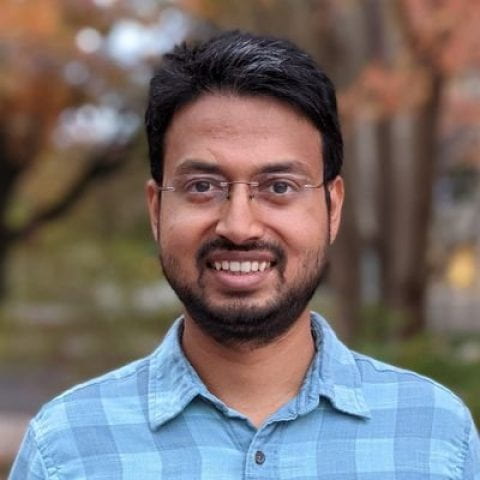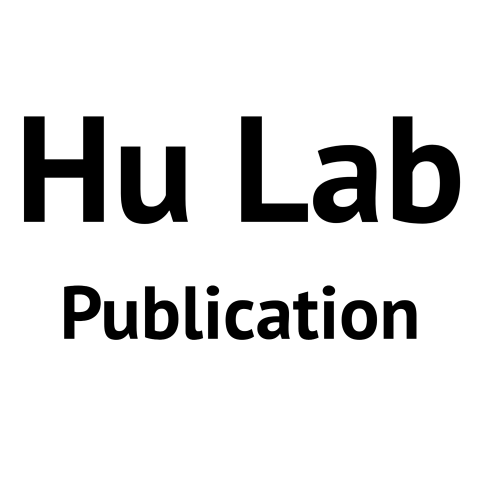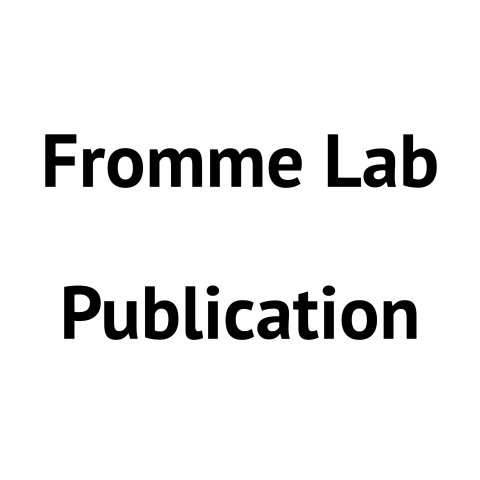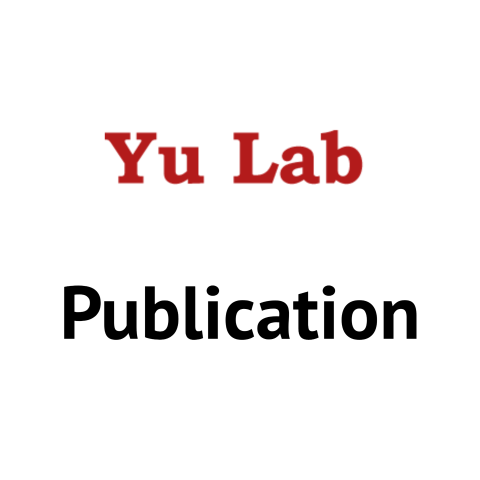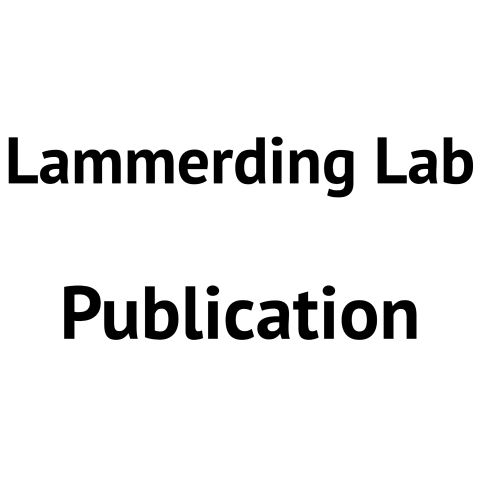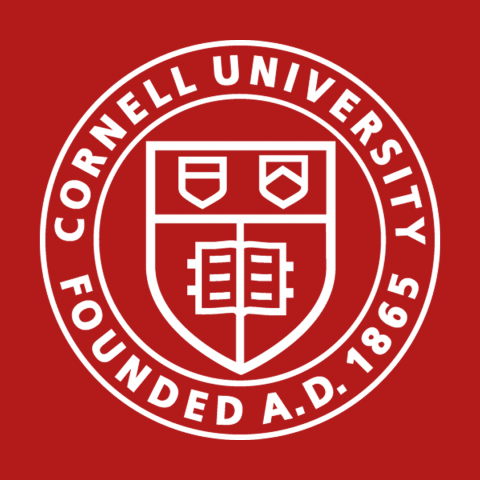News
Lipids – fats – make great walls for cells and organelles because they are water resistant and dynamic. But those same characteristics also make them hard to image using expansion microscopy, a technique that works for magnifying other cell...
Boi1 and Boi2 are closely related yeast scaffolding proteins, either of which can perform an essential function. Previous studies have suggested a role in cell polarity, interacting with lipids, components of the late secretory pathway, and actin nucleators. We report detailed studies of their localization, dynamics, and the generation and characterization of conditional mutants. Boi1/2 are present on the plasma membrane in dynamic patches, then at the bud neck during cytokinesis. These distributions are unaffected by perturbation of the actin cytoskeleton or the secretory pathway. We identify 2 critical aromatic residues, present in both Boi1 and Boi2, in the essential C-terminal Pleckstrin-Homology domain, that cause temperature-sensitive growth resulting in defects in polarized growth...
Professor Jeremy Baskin interviewed for local WHCU 97.7 radio about the Nobel Prize in Chemistry that was awarded this week for click chemistry and bioorthogonal chemistry. The interview aired early morning on October 7,...
As doctoral students nearly 20 years ago, two Cornell researchers played an early role in the development of the work that was awarded the 2022 Nobel Prize in...
Passionate, committed, encouraging, approachable, incredible – these are just a few of the adjectives used to describe faculty members receiving teaching and advising awards at the 2022 Cornell Engineering Fall Faculty Reception hosted Sept. 22 in the Statler Ballroom. Canaan Family Award for Excellence in Academic Advising – In Honor of Prof. Bingham Cady First awarded in 2021, the Canaan Family Award for Excellence in Academic Advising is given in honor of Professor Bingham Cady, who was known by his students as terrific adviser with a rare ability to find the simplicity in complex problems. Jan Lammerding (BME) was recognized for advising the iGEM synthetic biology project team. His students write that “the success of our projects would not have been possible without Dr....
Our guts, and all our organs, are arranged in left-right asymmetric patterns inside our bodies, so that everything may fit. At the same time, development of organs such as the intestine is anything but haphazard. In healthy embryos, rotation of the gut during development always occurs in a counterclockwise direction and is perfectly timed. It’s a complicated process that scientists have long worked to...
Saket Bagde wins 2022 Spicer Young Investigator Award for deciphering how nature produces some antibiotics. Bagde is being recognized for his successful efforts to describe the structures and mechanisms of several biologically important...
Researchers have uncovered a novel pathway that explains how cancer cells become resistant to chemotherapies, which in turn offers a potential solution for preventing...
It’s been known for decades that astronauts’ immune systems become suppressed in space, leaving them vulnerable to disease, but the exact mechanisms of immune dysfunction have remained a mystery – now a Cornell undergraduate has found a potential solution. A biological and mechanical engineering double major in the College of Engineering, Rocky An ’23 published his theory, “MRTF May be the Missing Link in a Multiscale Mechanobiology Approach toward Macrophage Dysfunction in Space,” Sept. 12 in Frontiers in Cell and Developmental...
The anaphase-promoting complex/cyclosome (APC/C) coordinates advancement through mitosis via temporally controlled polyubiquitination events. Despite the long-appreciated spatial organization of key events in mitosis mediated largely by cytoskeletal networks, the spatial regulation of APC/C, the major mitotic E3 ligase, is poorly understood. We describe a microtubule-resident protein, PLEKHA5, as an interactor of APC/C and spatial regulator of its activity in mitosis. Microtubule-localized proximity biotinylation tools revealed that PLEKHA5 depletion decreased APC/C association with the microtubule cytoskeleton, which prevented efficient loading of APC/C with its coactivator CDC20 and led to reduced APC/C E3 ligase activity. PLEKHA5 knockdown delayed mitotic progression, causing...
The DNA-PKcs kinase mediates the repair of DNA double-strand breaks via classical non-homologous end joining (NHEJ). DNA-PKcs is also recruited to active replication forks, although a role for DNA-PKcs in the control of fork dynamics is unclear. Here, we identify a crucial role for DNA-PKcs in promoting fork reversal, a process that stabilizes stressed replication forks and protects genome integrity. DNA-PKcs promotes fork reversal and slowing in response to several replication stress-inducing agents in a manner independent of its role in NHEJ. Cells lacking DNA-PKcs activity show increased DNA damage during S-phase and cellular sensitivity to replication stress. Notably, prevention of fork slowing and reversal via DNA-PKcs inhibition efficiently restores chemotherapy sensitivity in...
The American Society for Cell Biology (ASCB) recognizes 18 remarkable individuals for their various achievements in the realm of life sciences. Porter Prizes for Research Excellence: Two prizes, one given to a graduate student and one to a postdoctoral researcher selected based on scientific excellence. In the spirit of Keith Porter, the emphasis will be on their contributions to the advancement of science and the novelty and creativity of their findings. Saket Rahul Bagde, PhD Candidate, Institution or Organization Affiliation: Department of Molecular Biology and Genetics, Weill Institute for Cell and Molecular Biology, Cornell...
The American Society for Cell Biology (ASCB) is pleased to present its cohort of 18 new Fellows for 2022. “The 2022 ASCB Fellows are individuals who have contributed broadly and significantly to the cell biology community and to the Society. We honor their scientific achievement and their role in furthering ASCB’s mission of advancing scientific discovery, advocating sound research policies, improving education, promoting professional development, and increasing diversity in the scientific workforce,” said ASCB CEO Rebecca Alvania. Election as a Fellow of ASCB is an honor bestowed upon ASCB members by their peers. The list of approved Fellow nominees is reviewed and approved by the ASCB Council. The new cohort of ASCB Fellows will be formally recognized on December 3 before the...
Progranulin (PGRN) is a glycoprotein implicated in several neurodegenerative diseases. It is highly expressed in microglia and macrophages and can be secreted or delivered to the lysosome compartment. PGRN comprises 7.5 granulin repeats and is processed into individual granulin peptides within the lysosome, but the functions of these peptides are largely unknown. Here, we identify CD68, a lysosome membrane protein mainly expressed in hematopoietic cells, as a binding partner of PGRN and PGRN-derived granulin E. Deletion analysis of CD68 showed that this interaction is mediated by the mucin-proline-rich domain of CD68. While CD68 deficiency does not affect the lysosomal localization of PGRN, it results in a specific decrease in the levels of granulin E but no other granulin peptides. On...
The Golgi complex is the central sorting station of the eukaryotic secretory pathway. Traffic through the Golgi requires activation of Arf guanosine triphosphatases that orchestrate cargo sorting and vesicle formation by recruiting an array of effector proteins. Arf activation and Golgi membrane association is controlled by large guanine nucleotide exchange factors (GEFs) possessing multiple conserved regulatory domains. Here we present cryoelectron microscopy (cryoEM) structures of full-length Gea2, the yeast paralog of the human Arf-GEF GBF1, that reveal the organization of these regulatory domains and explain how Gea2 binds to the Golgi membrane surface. We find that the GEF domain adopts two different conformations compatible with different stages of the Arf activation reaction. The...
The Biomedical Engineering Society (BMES) recognizes individuals for their accomplishments, significant contributions and service to the Society and the field of biomedical engineering. 2022 BMES Class of Fellows Alisa Clyne, PhD Alyman El-Baz, PhD Stacey Finley, PhD Melissa Grunlan, PhD Juergen Hahn, PhD Mariah Hahn, PhD Sean Kohles, PhD Pamela Kreeger, PhD Jan Lammerding, PhD Tanmay Lele, PhD Chuanbin Mao, PhD James Moon, PhD Emmanuel Opara, PhD Kevin Otto, PhD Shalini Prasad, PhD Ravi Radhakrishnan, PhD Milica Radisic, PhD Raj Rao, PhD Anita Singh, PhD Nicole Steinmetz, PhD Maribel Vazquez, PhD Yingxiao Wang,...
Enhancers are pivotal for regulating gene transcription that occurs at promoters. Identification of the interacting enhancer-promoter pairs and understanding the mechanisms behind how they interact and how enhancers modulate transcription can provide fundamental insight into gene regulatory networks. Recently, advances in high-throughput methods in three major areas-chromosome conformation capture assay, such as Hi-C to study basic chromatin architecture, ectopic reporter experiments such as STARR-seq to quantify promoter and enhancer activity, and endogenous perturbations such as CRISPRi to identify enhancer-promoter compatibility-have further our knowledge about transcription. In this review, we will discuss the major method developments and key findings from these...
2022 Fleming Fellowship Winners Yingzheng (Jason) Wang, Smolka Lab: addresses an important question in non-canonical ATR signaling: the role of ATR signaling that does not depend on DNA resection Misha Kazi, Doerr Lab: proposal to elucidate novel mechanisms of AMP resistance in bacteria and to determine their impact on infection dynamics and efficacy of antibiotic therapy About the Award Nancy M. and Samuel C. Fleming Research Fellowship Program: The Fleming Research Fellows program was established in 2008 to support talented young women and men at Cornell who are doing cutting-edge research in basic biomedical sciences and are planning careers in biological or medical research. The fund provides financial support to three outstanding fellows who will play a critical role in...
During migration, cells often squeeze through small constrictions, requiring extensive deformation. We hypothesized that nuclear deformation associated with such confined migration could alter chromatin organization and function. By studying cells migrating through microfluidic devices that mimic interstitial spaces in vivo, we found that confined migration results in increased H3K9me3 and H3K27me3 heterochromatin marks that persist for days. This “confined migration-induced heterochromatin” (CMiH) was distinct from heterochromatin formation during migration initiation. Confined migration decreased chromatin accessibility at intergenic regions near centromeres and telomeres, suggesting heterochromatin spreading from existing sites. Consistent with the overall decrease in...
Tens of thousands of strains of drosophila, or fruit fly, have been developed for research purposes since the early twentieth century. Along with these drosophila resources, researchers have developed increasingly sophisticated techniques for using drosophila to study human disease and biological development. Mosaic analysis is one such technique, involving drosophila that carry two or more genetically distinct populations of cells in a single organism. Mosaic analysis is a powerful research tool for investigating human disease, but it is limited by its reliance on the Flp/FRT site-specific recombination system. The Flp/FRT system restricts application of mosaic analysis to a small subset of fly strains, because most existing drosophila resources do not harbor the FRT sites that the...

